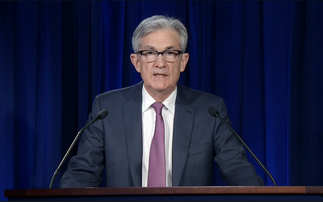Early this morning it appears that at last Greece and the European authorities are at the final stages of launching a bond swap with the private sector - known as the private sector involvement (PSI) procedure - which will aim to reduce Greece's debt-to-GDP ratio to 120.5% by 2020 (it is currently 160%).
The deal will receive blanket press coverage, we are going to focus on the PSI element. The PSI ensures the private sector will suffer a real loss while the public sector (national European central banks and the ECB) will not suffer any losses. Central banks have this privileged position as they are prepared to provide further finance to Greece (akin to a rescue rights issue diluting existing shareholders). Of course, it is not in the politicians' interests for the central banks to bear any losses as a result of lending to Greece and of course it is the politicians that set the legal and...
To continue reading this article...
Join Investment Week for free
- Unlimited access to real-time news, analysis and opinion from the investment industry, including the Sustainable Hub covering fund news from the ESG space
- Get ahead of regulatory and technological changes affecting fund management
- Important and breaking news stories selected by the editors delivered straight to your inbox each day
- Weekly members-only newsletter with exclusive opinion pieces from leading industry experts
- Be the first to hear about our extensive events schedule and awards programmes








